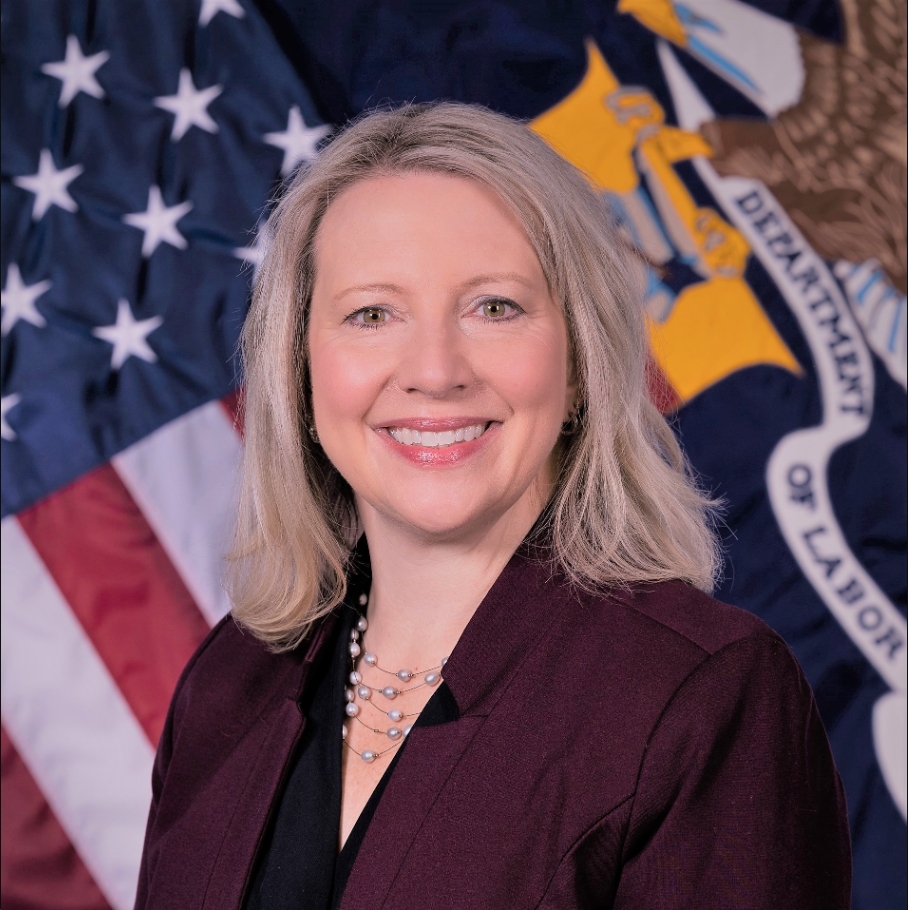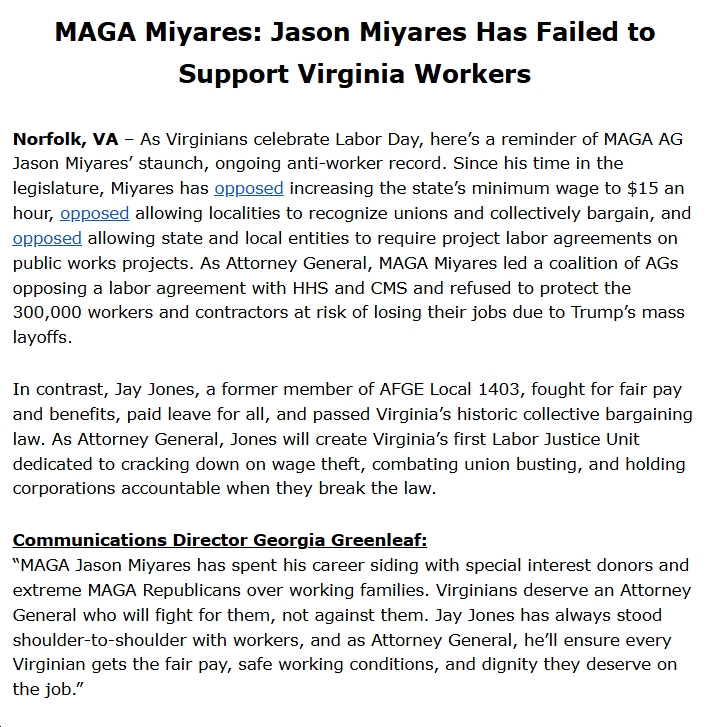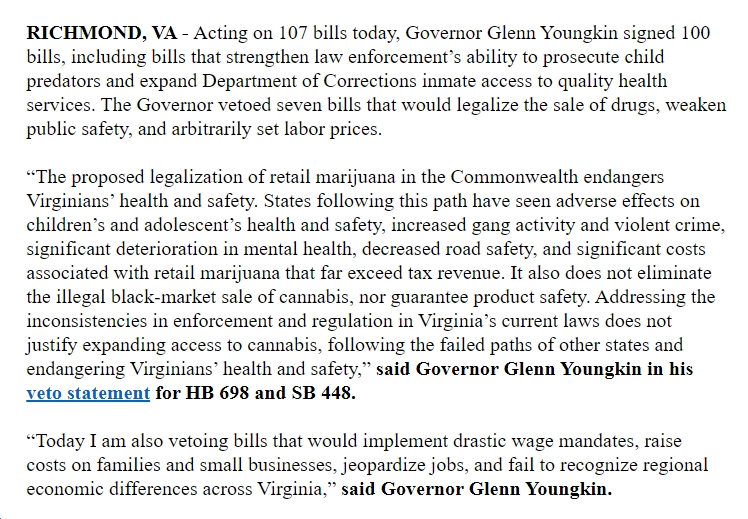by Kellen Squire
I grew up, like many Americans, never really understanding how much unions meant to my life. I was born and raised a dumb ‘ole farm kid in Marshalltown, Iowa, a city that, at the time, was bustling, built on the educated and well paid workforce that Fisher Controls and the UAW brought in. The tax revenue generated from the local workforce funded a community center and a brand new elementary school that wouldn’t have been out of place in zip codes where the average Income was twice as high. Half of my dad’s friends worked at the John Deere plant in Waterloo or the Dayco plant in Eldora. As the unions power waned, as NAFTA and vulture capitalism took hold in earnest, though, the community suffered. The best and brightest moved out, and with them the families and young folks who made it a vibrant place to live. In 2008, Barack Obama got 55% of the vote in Marshall County; in 2016, Hillary Clinton barely managed to eke out 42% – with a thousand fewer people voting overall. When I went back to visit last April, things looked pretty much like they when I left, just with twenty-five years of wear, tear, and grime added. If you replaced some of the newer food brands on the shelves of the Fairway grocery store, you’d never have been able to tell you weren’t back in 1989. But I never made those connections then. Not then, and not when my family moved to the bustling union town of Manitowoc, Wisconsin. I had friends who made unheard of wages straight out of high school. $25/hour in the late ’90s and union protections? Sign me up! But vulture capitalism struck again. The local Mirro plant closed. Scott Walker rammed “Right to Work” through the state legislature. Barack Obama got a resounding 53% of Manitowoc County’s vote but both Hillary Clinton and Joe Biden barely cracked the mid-thirties, while 4,000 less people voted in 2016 than 2008, thanks once again to a community that hadn’t grown… merely aged. We used to joke that our high school didn’t need any reunions, because most of the class could be found any given night at one of the bars on 8th or Washington street. But even that wasn’t true, as I found out just how truly far and wide my generation (and the ones that followed us) had spread across the country, away from a community that only looked backwards at what they’d had, instead of forward to what they COULD have. Again, none of that ever occurred to me at the time. I didn’t know much about unions. The first real introduction I got to unions was working as a department manager at The Home Depot in Milwaukee, Wisconsin. Taking mandatory union-busting classes backfired on me, because while I initially nodded along with some of the points being made, I finally had to wonder why, if unions were so awful, the company had to spend this much time and energy trying to convince me of that “fact”. Still, we were regularly grilled on what to do if we heard even the merest mention of unionization, with orders to immediately report any chatter to the store support center in Atlanta. Thankfully, we never had to worry about that at our stores, saving any money we might have spend on paying higher wages or benefits for our employees to make sure Jack Welch-protege Bob Nardelli got a golden parachute for wrecking the company. Phew! Dodged a bullet on that one. I often think about the people who’ll spend decades puzzling over the reason health outcomes in Europe are better than in the United States. Is it the Mediterranean diet? Small amounts of cheese and chocolate? A glass of red wine? When, in reality, it turns out if you just give people the option to see a healthcare provider, their health is better. The same is clearly true about unions. We can spend hours and hours arguing over why places like Marshalltown, Iowa and Manitowoc, Wisconsin, have gone from bustling, vibrant, and progressive to stagnant, shuttered, and regressive. But there’s a simple answer right there staring at us: Once the unions were kept from protecting the workers and families there, those communities suffered. And as we celebrate Labor Day today, that’s the very lesson I’m keeping in mind as I go forward in my campaign for the Virginia House of Delegates. Unions built our middle class. Unions gave me working protections that I still enjoy today. Unions fought and died, right here in Appalachia, right here in my own community, to ensure we all had those protections. And yet we have too many, even in our own party, who not only ignore that, but openly stand in the way of progress. We must do a better job at supporting Virginia’s workers, and I’ll do more than pay lip service to that ideal. Our campaign spends the money we raise in union shops. Our campaign is entirely staffed by union members, by the same team that unionized the first statewide campaign in Virginia history- and, as far as I’m aware, at this moment we are the only campaign that’s true for. So, yeah; I’ll do more than pay lip service to being pro-union. I will stand in solidarity with workers and vote for any pro-worker legislation that comes my way. Because I know now the sterling truth that our colleagues have sung about for over a hundred years now: |
Kellen Squire is an emergency department nurse from Barboursville, Virginia, running for the Virginia House of Delegates in rural Virginia. Donate TODAY, and you will help flip the bluest seat still held by the Virginia GOP!

![[UPDATED: VA Senate Dems Pass $15/Hour Minimum Wage Bill] VA House Democrats Pass Top Priority, Paid Sick Leave](https://bluevirginia.us/wp-content/uploads/2026/02/housedemspaidsick.jpg)















